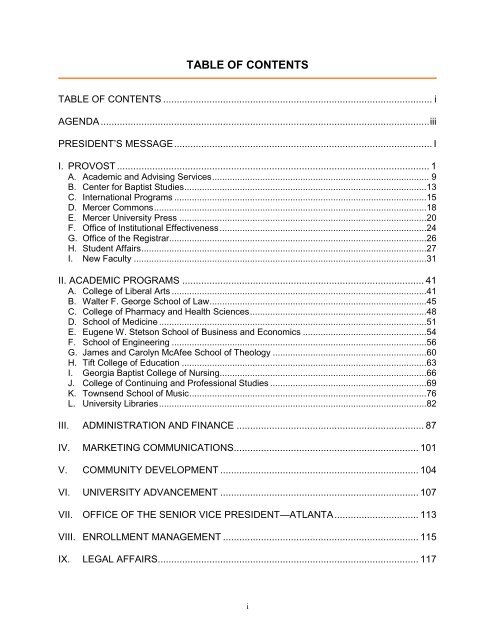
Teams from Kenya, Nigeria and South Africa participated in the African Introductory Round. The prospect of holding the World Finals of the Manfred Lachs Moot Court Competition on the African continent for the first time presented the IISL with the opportunity to expand the moot court experience to schools which have not previously participated in the Competition. The World Finals were held on 6 October 2011 at the High Court of Cape Town, South Africa. The 2011 competition had over 40 participating teams: 8 from Europe, 10 from North America, including one invited team from South America (Colombia) and 24 from the Asia-Pacific region. Winners of the other regional rounds were also recognized. The Eilene Galloway Award for the Best Memorial was presented to the National Law School of India University. The Best Oralist was presented with the Sterns and Tennen cash award, a trophy and Certificate.

The Runner-up team was honored with a commemorative Plaque and Certificates. The virtual Award Ceremony honored the Winning Team with a presentation of the Manfred Lachs trophy, the Lee Love cash prize, and a Plaque and Certificates. Rhea Prasad, from the National Law School of India University. The Finals were judged by three Judges of the International Court of Justice: His Excellency Judge Kirill Gevorgian, His Excellency Judge Peter Tomka, who served as President of the panel, and His Excellency Judge Georg Nolte.Īt the conclusion of the pleading and final deliberations, the judging panel announced the winning team was The Honourable Society of the Inner Temple and the best oralist was Ms. Conducting the preliminary and semi-final rounds among the champions of each region was challenging, but ESA and ECSL stepped in to offer their virtual platform.Īfter a preliminary round and two semi-final rounds, the Final match was between the National Law School of India University, Bangalore (AP), and the Honourable Society of the Inner Temple (EU). All told, 92 teams competed in the 30th Manfred Lachs Space Law Moot Court Competition. Other regional competitions included 38 teams in Asia-Pacific, 23 in Europe, 18 in North America, and seven in Africa. This was the first Latin America regional competition, which featured six teams from Brazil, Peru, Chile, Mexico and Colombia.

The Problem, authored by Steven Freeland and Alexander Soucek, was inspired by the successes of the ‘NewSpace’ wave. The 30th Manfred Lachs Space Law Moot Court Competition featured 92 teams across the globe arguing the case of Proclivia vs Asteria concerning mega-constellations, autonomous space operations and freedom of scientific investigation.


 0 kommentar(er)
0 kommentar(er)
